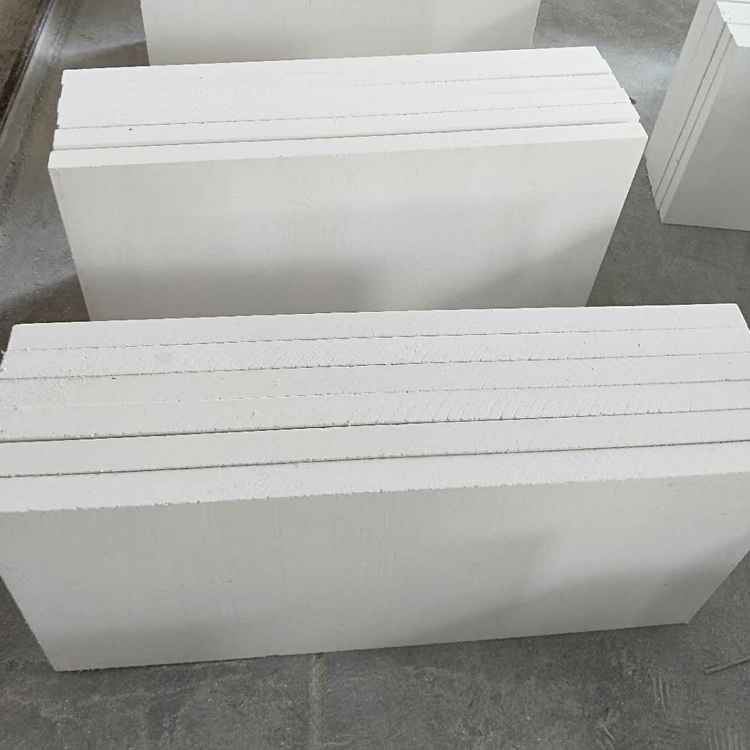Updated on July 5, 2023
What is the recommended density for calcium silicate insulation in high-temperature applications?
The recommended density for calcium silicate insulation in high-temperature applications depends on the specific application and temperature range. Generally, higher-density calcium silicate insulation has better thermal performance than lower-density insulation.
In high-temperature applications, the recommended density for calcium silicate insulation typically ranges from 220 to 320 kg/m³ (14 to 20 lb/ft³). However, for extremely high-temperature applications, such as in furnace linings, densities of up to 640 kg/m³ (40 lb/ft³) may be required.
Higher-density calcium silicate insulation offers several benefits, including:
Improved thermal performance: Higher-density insulation has a lower thermal conductivity, which means it is better able to resist heat transfer and provide better insulation.
Improved strength: Higher-density insulation is more durable and can better withstand mechanical stresses, making it more suitable for high-temperature applications.
Reduced shrinkage: Higher-density insulation is less likely to shrink or deform over time, which can help maintain its thermal performance and insulation properties.
When selecting the appropriate density of calcium silicate insulation for a high-temperature application, it is important to consider the specific requirements of the application, including the temperature range, mechanical stresses, calcium silicate thermal conductivity and insulation performance requirements. It is recommended to consult with a manufacturer or supplier of calcium silicate insulation to determine the appropriate density for your specific application.
What are the benefits of using higher-density calcium silicate insulation in high-temperature applications?
There are several benefits of using higher-density calcium silicate insulation in high-temperature applications:
Improved thermal performance: Higher-density calcium silicate insulation has a lower thermal conductivity than lower-density insulation. This means it is better able to resist heat transfer and provide better insulation, which can help reduce energy costs and improve overall energy efficiency.
Greater strength and durability: Higher-density calcium silicate insulation is more resistant to mechanical stresses, making it less likely to crack or break under high-temperature conditions. This can help extend the lifespan of the insulation and reduce maintenance and replacement costs over time.
Reduced shrinkage: Higher-density calcium silicate insulation is less likely to shrink or deform over time, which can help maintain its thermal performance and insulation properties. This is particularly important in high-temperature applications where the insulation may be exposed to extreme temperatures over long periods of time.
Improved fire resistance: Higher-density calcium silicate insulation is typically more fire-resistant than lower-density insulation. This can help improve overall safety in high-temperature applications, particularly in industrial settings where fire hazards may be present.
Increased sound insulation: Higher-density calcium silicate insulation can provide better sound insulation than lower-density insulation, which can be beneficial in industrial settings where noise levels may be high.
Overall, higher-density calcium silicate insulation is a durable and effective choice for high-temperature applications where insulation performance, strength, and durability are critical. It is important to select the appropriate density of calcium silicate insulation for your specific application to ensure optimal thermal performance and insulation properties.


